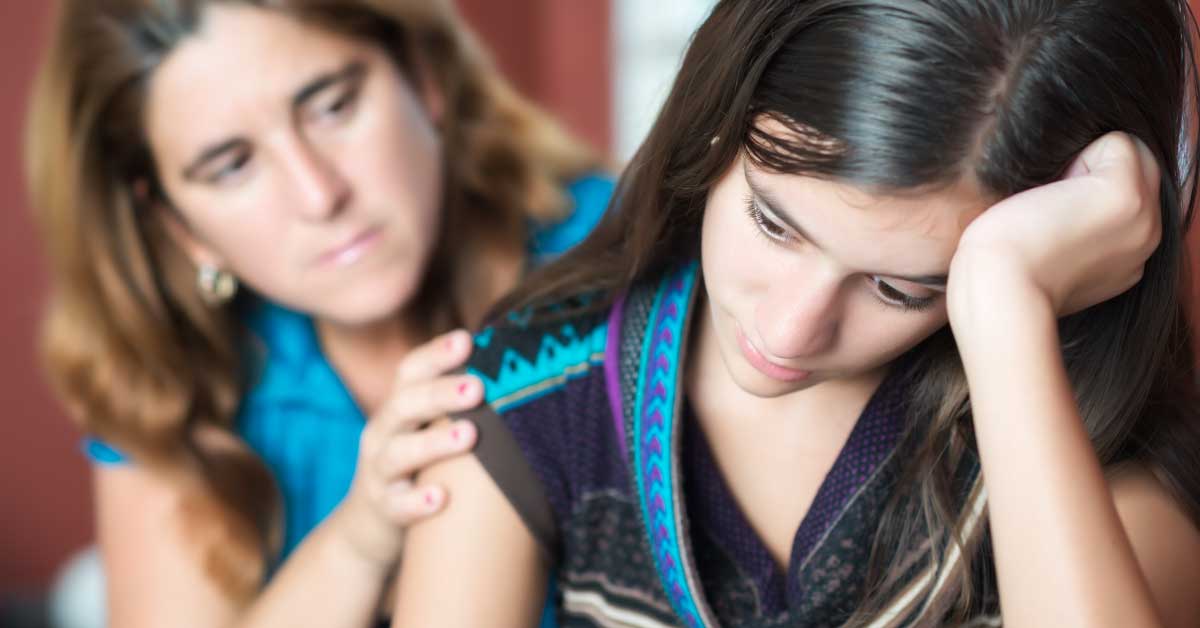Reactive Attachment Disorder, or RAD as it is commonly known, is caused by a disruption in the bonding process between parent and child in the earliest stages of childhood. During the first 3 to 5 years of life, children need loving and healthy interaction with a consistent caregiver in order to facilitate healthy brain development. While many cases of RAD result from abuse, neglect or frequent separation from the main caregiver, it can also be triggered through adoption.
Reactive attachment disorder is characterized by an individual’s inability to develop emotional attachments or strong relationship bonds. Other characteristics include violent tendencies, antisocial behavior, lack of guilt or shame and generalized personality disorders. Without intervention, this pattern can lead to substance abuse, behavioral issues, academic problems and family issues. While there is no cure for RAD, through therapy and early intervention, it is possible for teens with the disorder to learn to manage their symptoms and go on to lead happy and productive lives. Some of the main tips for parents raising teens with reactive attachment disorder are:
- Be an active participant in your teen’s treatment – The support of the family unit plays a big part in the success or failure of a therapeutic plan of care. Know what goals your teen is setting and what he is working on, so you can help him stay on task during his day to day schedule.
- Create a predictable routine – Consistency is one of the main keys to success with RAD kids. Make a plan for mealtime, homework, recreation and bedtime. Setting a regular schedule and sticking to it will help your teen feel more in control.
- Interact with your teen – Because learning to control RAD involves a lot of correcting and challenging your teen, make sure that you are taking the time to connect with him in a more casual way. Join him in activities that you can both enjoy, or better yet, get the whole family involved.
- Take care of yourself – Managing a teen with RAD can be exhausting and you need to remain on top of your game in order to help him succeed. Do what you can to make sure that you get enough exercise, develop good eating habits and are able to take a break in order to do something for yourself.
- Discipline consistently – Until your teen really learns to self-correct, you will be in charge of developing consequences that are of high value to him. Discuss with him as well as his therapist what kind of discipline is the most motivating and once you have clearly established the rules, you must be consistent in order to help develop a relationship of predictability and trust. Your RAD teen will often test you to see if your disciplinary parameters change, which leads to a feeling of unsafety.
- Be ready to listen – If your teen is able to open up and talk, make sure you are prepared to listen and acknowledge what he is saying. It may happen when you least expect it.
- Develop a support network. No parent should have to go through this alone and no one should have to. Aside from the help and support of family and friends, there are resources within your community and your child’s school that can sustain you as you help your child.
Sundance Canyon Academy is a residential treatment center located in northern Utah. We specialize in holistic, relationship based methods of treating boys with RAD and we are happy to answer your questions about our program. Contact us today at 801.380.3525.











0 Comments